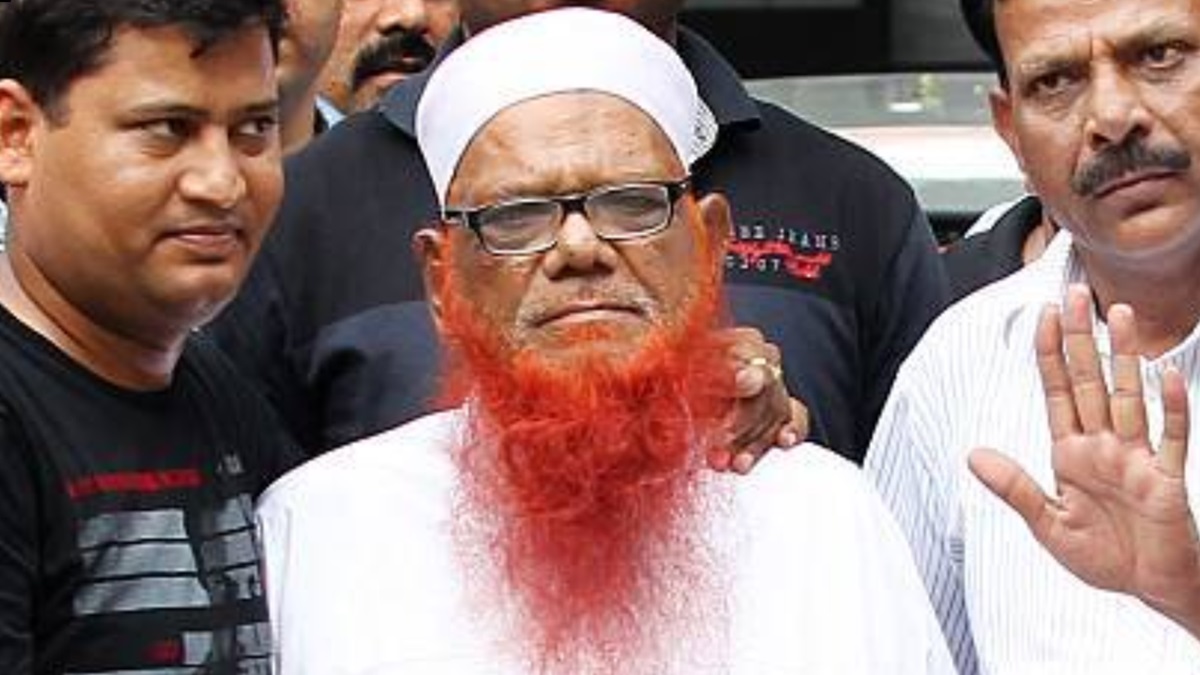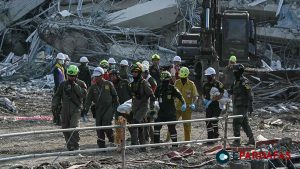
TADA Court Acquits Abdul Karim Tunda in 1993 Serial Bomb Blast Case

The Special Terrorist and Disruptive Activities (TADA) court acquitted Abdul Karim Tunda, a key accused in the 1993 serial bomb blast case, citing a lack of evidence.
This verdict marks a recurrent pattern where Tunda has walked free due to insufficient evidence against him. In March 2016, a Delhi court similarly ruled in favor of Tunda, stating that the prosecution failed to establish his role as a bomb-maker for Lashkar-e-Taiba (LeT).
Abdul Karim Tunda, a notorious figure linked to various terror outfits, including LeT, Jaish-e-Mohammed (JeM), and Harkat-ul-Jihad al-Islami (HUJI), had been facing charges related to the coordinated bomb blasts that ravaged several locations in 1993.
The 1993 serial bomb blasts, one of the deadliest terror attacks in India’s history, inflicted widespread devastation, claiming numerous lives and causing extensive property damage. The explosions targeted prominent landmarks in Mumbai, including the Bombay Stock Exchange and several commercial and residential areas.
Despite Tunda’s alleged involvement in numerous terrorist activities, spanning several years, he managed to evade law enforcement for an extended period, often traversing international borders to evade capture. However, in August 2013, Indian authorities finally apprehended him near the Indo-Nepal border.
Following his arrest, Tunda faced a slew of charges related to terrorism, including conspiracy, murder, and waging war against the state.
In a separate case, a Sonepat court in October 2017 found Tunda guilty in the 1996 Sonepat blasts case, sentencing him to life imprisonment. He was convicted under Section 307 (attempt to murder) and 120 B (criminal conspiracy) of the Indian Penal Code and Section 3 of the Explosive Substances Act.
Originally hailing from Uttar Pradesh, Tunda stands accused of imparting bomb-making training to jihadists in Bangladesh and Pakistan. There have been reports suggesting his involvement in planning to train Rohingyas from Myanmar to target Buddhist communities.
The acquittal in the 1993 serial bomb blast case raises questions about the ability of law enforcement agencies to prosecute individuals linked to terrorism effectively. Critics argue that the recurring lack of evidence highlights systemic weaknesses in the legal process, potentially undermining efforts to combat terrorism and deliver justice to victims and their families.
- PM Oli Hails Thailand Visit and BIMSTEC Summit Participation as Fruitful and Impactful
- PM Oli Vows to Deepen Nepal-India Relations Following Productive Talks with Indian Counterpart
- Kathmandu Chokes on Toxic Air as Health Concerns Mount
- Myanmar Earthquake Death Toll Surpasses 3,300, UN Calls for Global Support












Comments